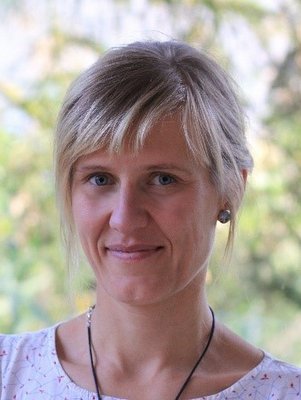Melanie Jaeger-Erben

Prof. Dr. Melanie Jaeger-Erben
Session: Supply Chain & Sustainability Management
Title: Doing better with less –
the role of sufficiency for a
sustainable Circular Economy
Melanie Jaeger-Erben ist Professorin für Technik- und Umweltsoziologie an der BTU Cottbus - Senftenberg. Zuvor hat sie das Fachgebiet Transdisziplinäre Nachhaltigkeitsforschung in der Elektronik an der TU Berlin geleitet und einige Jahre als Referentin im Wissenschaftlichen Beirat für Globale Umweltveränderungen gearbeitet. Sie ist u.a. Associate Editor der Zeitschriften Resources, Conservation and Recycling, Cleaner and Responsible Consumption sowie Soziologie und Nachhaltigkeit sowie Mitglieder der Ressourcenkommission des Umweltbundesamts. Ihre Forschungsschwerpunkte sind sozialwissenschaftliche Technikforschung, (nicht-)nachhaltige Konsum- und Produktionssysteme, soziale Innovation und materielle Kultur. Sie arbeitet gerne in transdisziplinären Forschungszusammenhängen und experimentiert mit Co-Design-Methoden.
Doing better with less – the role of sufficiency for a sustainable Circular Economy
The promise of the Circular Economy is tempting, as the goal is to decouple economic growth from resource consumption through a comprehensive transformation of production systems, to significantly reduce the volume of waste and at the same time to open up new business opportunities. However, this often ignores the fact that energy- and resource-intensive infrastructural prerequisites must first be created in order to steer current resource flows into cycles. With the focus on "greener" because circular products and new services, there is a risk of rebound effects, for example through increasing consumption. The focus on efficiency and consistency strategies in the "mainstream" of Circular Economy research ignores the fact that a socio-ecological transformation of production and consumption is only possible with an immense reduction of resource and energy consumption. This paper highlights the role of sufficiency strategies as a blind spot in the Circular Economy debate so far and presents possible premises of circular sufficiency. The example of the digital product passport - a central instrument of the European Circular Economy strategy - is used to illustrate how circular sufficiency could be implemented in concrete terms.






